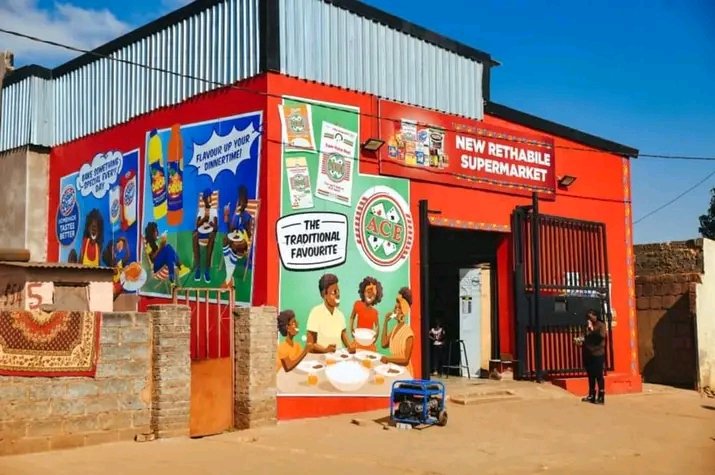News
Gauteng Teen Dies After Eating Spaza Shop Snacks: MEC Urges Food Safety Vigilance

A community mourns as calls grow louder for tighter control over informal food sales near schools.
A tragic incident has once again shaken Gauteng’s education system, this time involving a Grade 10 learner from Orange Farm Secondary School who died shortly after eating snacks allegedly bought from a local spaza shop near her home.
The 2025 school year has already been marred by violence and loss—but this latest death, reportedly caused by contaminated food, has sparked fresh outrage over the lack of regulation in informal food sales to schoolchildren.
A Tragic Saturday
The 15-year-old girl fell ill on Saturday, June 28, shortly after consuming the snacks. She was rushed to a nearby clinic, where she was tragically declared dead. Her school only learned of the incident on Monday, July 1.
Speaking on the tragedy, Gauteng Education MEC Matome Chiloane said,
“We extend our heartfelt condolences to the family, the school community and all those affected by this tragic incident.”
Unregulated Vendors in the Spotlight
In the wake of the learner’s death, MEC Chiloane has called on parents and communities to exercise vigilance when it comes to food bought from unregulated spaza shops and street vendors.
“It is unfortunate that we are still experiencing tragic outcomes from the consumption of unauthorised or unverified food items,” he said.
“We urge communities to be more cautious and protect our children from avoidable harm.”
The MEC’s concerns are echoed across townships where spaza shops—often informal and loosely regulated—remain a popular source of snacks and drinks for school learners. However, concerns about expired products, mislabeling, and chemical contamination are not new.
In recent years, several cases involving expired or tampered snacks have led to children falling ill, especially in high-density, low-income areas like Orange Farm.
A Pattern of School Tragedies
This incident comes barely a month after another Gauteng learner, a Grade 11 boy from Lesedi Secondary School in Lethabong, was fatally stabbed by a Grade 12 learner just outside school grounds.
In that case, the alleged perpetrator wasn’t even at school that day. He arrived as other students were leaving, stabbed the victim, and fled. The victim later died at a nearby clinic.
These back-to-back tragedies paint a grim picture of the challenges facing Gauteng’s schools—not just from interpersonal violence, but also environmental risks such as unsafe food sources.
Social Media Reacts: “Our Kids Deserve Better”
Online, many South Africans have voiced their anger and grief, calling for tighter regulation of food vendors operating near schools.
“Every week it’s something else violence, unsafe food, bullying. When will our children be safe?” wrote one user on X.
“Time for government to do proper inspections of these shops. This isn’t just about snacks. It’s about survival.” said another on Facebook.
What Happens Next?
The Department of Health is expected to investigate the origin and contents of the snacks consumed. Meanwhile, education officials and local law enforcement have been urged to coordinate efforts to clamp down on unregistered food vendors near school zones.
In the meantime, school principals and governing bodies have been asked to engage with parents and learners about food safety awareness.
As communities mourn yet another young life lost, the message is clear: the informal economy cannot come at the cost of children’s health and lives.
If you suspect unsafe food being sold near your school or community, report it to the local municipality or contact the Department of Health’s food safety hotline.
{Source: IOL}
Follow Joburg ETC on Facebook, Twitter , TikTok and Instagram
For more News in Johannesburg, visit joburgetc.com



























